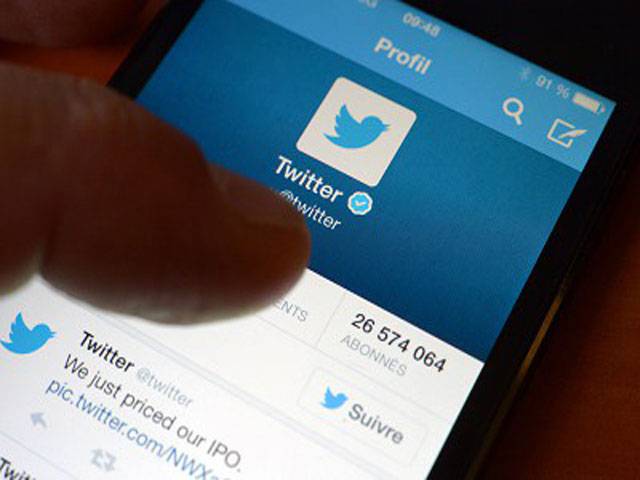ISTANBUL : A Turkish court on Wednesday overturned the government’s controversial Twitter ban imposed after audio recordings spread via the social media site implicated Prime Minister Recep Tayyip Erdogan in a corruption scandal.
The Ankara administrative court was set to inform telecommunications regulator TIB of the decision, and access to Twitter was expected to be restored later in the day, private NTV television said.
The government signalled it would abide by the judicial ruling, with Deputy Prime Minister Bulent Arinc telling reporters in the capital that “if the court gave such a decision, we will implement it”.
The Twitter ban took effect on March 20 after Erdogan defiantly vowed to “wipe out” the online messaging service, saying it had failed to abide by hundreds of court orders to remove content deemed illegal.
The move sparked international condemnation and turned into an embarrassment for Erdogan and his Islamic-rooted Justice and Development Party (AKP)ahead of key local elections Sunday, the first polls since the graft scandal broke.
The UN high commissioner for human rights was among international figures and national leaders who condemned the ban on the US-based site as curbing free speech.
Erdogan’s political opponents welcomed the court order. “It was impossible for a totalitarian regime to silence the technology,” said Emrehan Halici, deputy head of the main opposition Republican People’s Party.
“It was a shame to try to shut down Twitter. It has done nothing other than humiliate our country,” he told AFP following the court’s decision. “More people than before have taken to Twitter after the ban.”
Indeed many of Turkey’s 10 million Twitter users managed to circumvent the official ban, tweeting via mobile phone text services or using virtual private networks.
Among those defying the ban were several cabinet members as well as President Abdullah Gul, who set himself publicly at odds with Erdogan by denouncing the move as “unacceptable”.
The ban came as social media networks have been flooded almost daily with leaked phone recordings in which Erdogan can allegedly be heard interfering in court cases, trade deals and media coverage.
The firebrand premier has denounced most of them as fakes and part of a “vile attack” by rivals, including a former ally, the US-based Muslim cleric Fethullah Gulen, many of whose followers have held positions in the police force and judiciary.
Dozens of people were arrested in December as part of the graft probe, including the sons of three ministers, top businessmen and other key Erdogan allies.
Erdogan faced mass anti-government protests last year that spread from Istanbul to scores of cities and were organised partly on Twitter, a site he has labelled a “menace”.
He has faced fresh protests after his party introduced curbs on the Internet and tightened control on the judiciary in the wake of the graft probe that brought down four ministers.
Early this month, Erdogan warned that his government could also ban YouTube and Facebook after the local polls Sunday that are seen as a bellwether of the political mood. YouTube was banned for two years up to 2010.
Thursday, April 18, 2024
Turkish court orders lifting of Twitter ban

Caption: Turkish court orders lifting of Twitter ban
Cartoon
April 18, 2024
The Hidden Violence
April 18, 2024
Courage vs Hypocrisy
April 18, 2024
Modi’s Pulwama-Like Operations
April 18, 2024
Justice denied
April 18, 2024
Rail Revival
April 17, 2024
Addressing Climate Change
April 17, 2024
Saudi Investment
April 17, 2024
Political Reconciliation
April 16, 2024
Pricing Pressures
April 16, 2024
Workforce inequality
April 17, 2024
New partnerships
April 17, 2024
Shikarpur crisis
April 17, 2024
Peace quest
April 17, 2024
Democratic harmony
April 16, 2024
ePaper - Nawaiwaqt
Advertisement
Nawaiwaqt Group | Copyright © 2024





